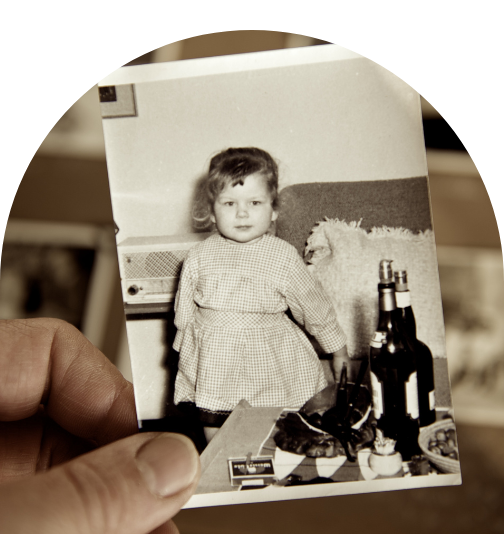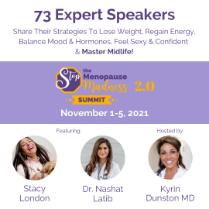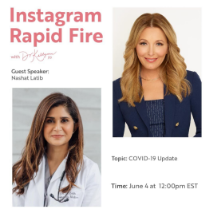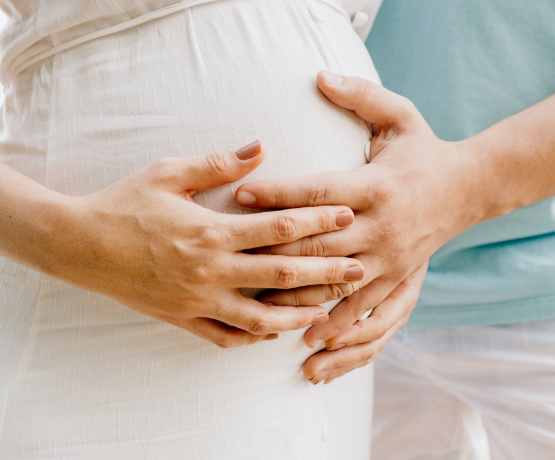Insights from Functional Medicine
As a functional medicine expert specializing in fertility, I understand how complex the journey to conception can be. Many couples come to me feeling frustrated and discouraged, having tried unsuccessfully for months or even years to conceive. While there are many factors that can impact fertility, one area that often goes overlooked is the impact of trauma on the body, specifically the effects of adverse childhood experiences (ACEs).
ACEs are experiences in childhood that are emotionally, physically, or sexually abusive, or that involve neglect or household dysfunction. These experiences can have lasting impacts on the body, as they can lead to chronic stress and dysregulation of the body’s stress response system. The Polyvagal Theory describes that our nervous system has three branches, each with its own function. The sympathetic branch is responsible for the “fight or flight” response, while the parasympathetic branch is responsible for the “rest and digest” response. The third branch, the ventral vagal, is responsible for social engagement.
When we experience trauma, our body can become stuck in a state of chronic sympathetic activation, which can impact our ability to conceive. Chronic stress can disrupt the delicate hormonal balance necessary for ovulation and implantation, and can also cause inflammation and damage to the reproductive organs. Additionally, trauma can impact our ability to connect with our partner and feel safe and supported in our relationship, which can further impact our fertility.
Getting an ACE Score
The term “Adverse Childhood Experiences” was first described in a pivotal study conducted by the CDC and Kaiser Permanente from 1995 to 1997. In the study’s follow-up phase, over 17,000 participants were surveyed regarding their childhood experiences. The research found a strong correlation between Adverse Childhood Experiences (ACEs) and several negative consequences in adulthood, including higher rates of chronic diseases, mental illness, and substance abuse.
While the ACE score can be a useful tool for assessing the impact of childhood trauma, it’s important to recognize its limitations. For example, the ACE score is not a definitive measure of an individual’s overall health, as it does not take into account the protective factors that can mitigate the impact of childhood trauma. Additionally, the ACE score can be subject to recall bias, as individuals may not accurately remember or report their childhood experiences.
If you’d like to learn more about what it looks like to work with us, click here to watch our free, on-demand masterclass and discover the proprietary 4R Fertility FormulaTM we use to help you get pregnant naturally or get better results with IVF and IUI.
Take Action to Improve Your Health
So, what can couples do if they suspect that trauma may be impacting their fertility? The first step is to become aware of their ACE score and any underlying trauma. Many people may not even realize that they have experienced trauma, as it can take many forms and may not always be overtly abusive or neglectful. There are many resources available to help individuals assess their ACE score and begin to explore the impact of trauma on their body and their life.
From there, it’s important to begin to address any underlying trauma and work to regulate the body’s stress response system. This can involve a variety of techniques, including therapy, mindfulness practices, and stress-reducing activities such as yoga or meditation. Click here to read our article about Creating a Fertile Mindset. It’s also important to prioritize self-care and to focus on building a strong support system, whether that involves seeking out community or professional support.
By taking these steps, couples can begin to address the impact of trauma on their body and their fertility. While it may not be a quick or easy process, it’s important to remember that healing is possible and that there is hope for a successful pregnancy and a healthy family.
As a functional medicine expert, I work with my patients to develop personalized plans that take into account all aspects of their health, including the impact of trauma on their fertility. When Dr. Christina and I work with clients directly, we order specific lab tests that help us understand our clients’ bodies better, including how it has been impacted by chronic stress. Sometimes seeing this information in black and white can serve as a wake-up call for our clients.
If you are looking for functional medicine support in your journey to pregnancy Click here to watch our on-demand webinar, where we reveal the 4R Fertility FormulaTM we use to work with our clients. If what we share sounds good, we invite you to apply for a spot in our high-touch, individualized group program.








